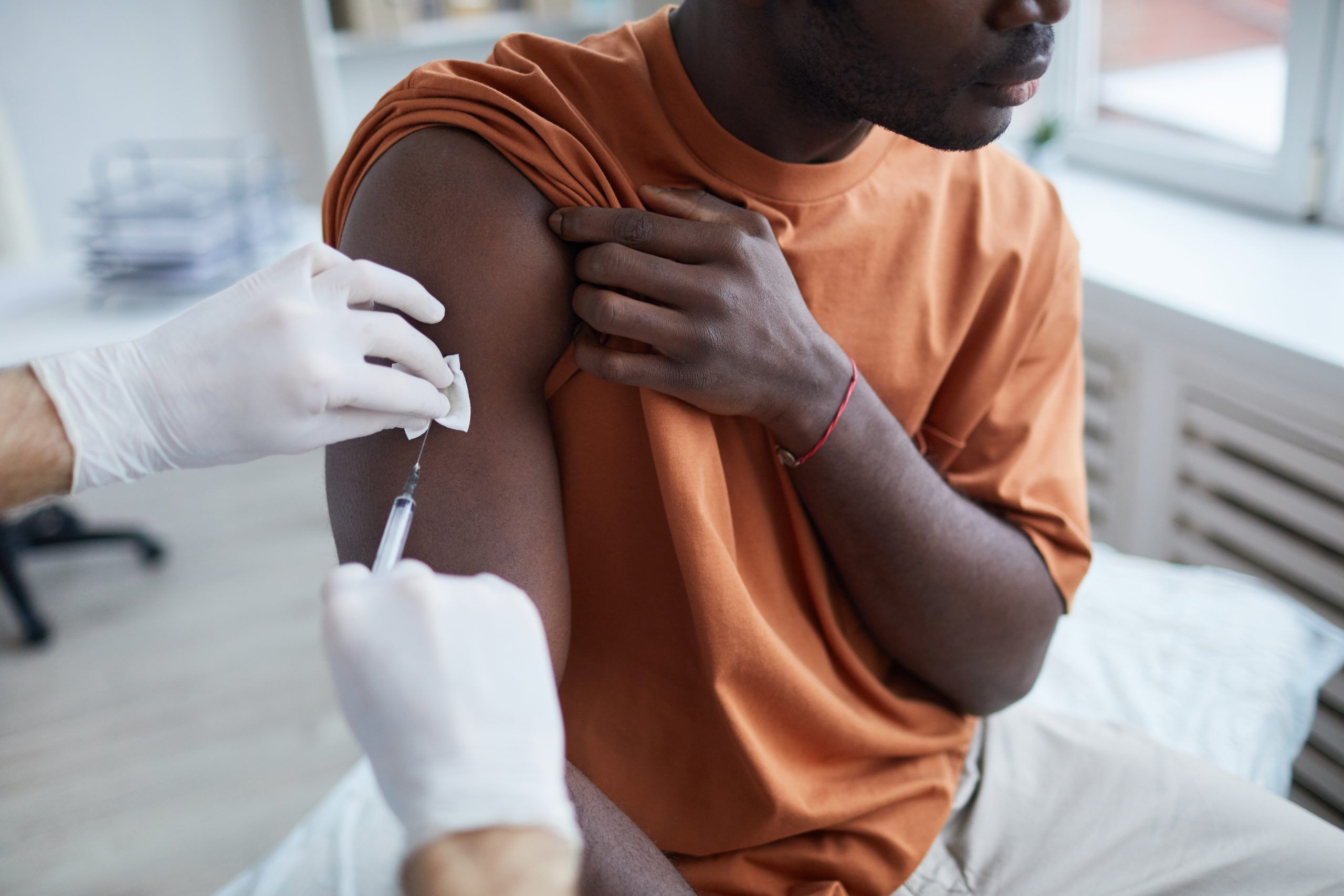Shortages in testosterone supplies are forcing many trans and gender-nonconforming people to make a choice between derailing their transition or turning to the black market, the Thomson Reuters Foundation/Gay Times report.
Months-long shortages have been documented in South Africa since 2015, and these have been exacerbated by the COVID-19 pandemic. The affordable option for hormone injections, Depo-Testosterone, is patented by Pfizer. Recently, Pfizer has divested resources towards the production and distribution of its coronavirus vaccine, leaving trans consumers in limbo.
“These shortages mess with our sense of self,” Josh Stols, a 29-year-old trans South African, said. “It is like someone with mental health issues not being able to get their meds. [Testosterone] is what we rely on to look in the mirror and see ourselves—without it, it’s like walking around blind. The risk of not getting this is suicide.”
As consumers wait for an end to the shortages, those who cannot afford more expensive brands often turn to the black market. This essentially means taking a chance on illegal products largely designed to give weightlifters more muscle mass at the gym. The risks involved with these kinds of performance enhancers can include mood swings and blood clotting.
At the same time, the mental health risks of not getting hormone treatments have also been exacerbated by the pandemic, with in-person support groups becoming harder to find.
While the pandemic provides an excuse, some consumers have pointed to previous shortages as evidence that Pfizer has always considered hormone treatment availability a low priority. “The fact is that this has happened often, too often now, as if it’s blatant neglect of the trans community, as if we are not considered to be important enough,” said Nicholas Snyman, a resident of Pretoria who was forced to get testosterone through a friend at the gym.
In an email to the Thomson Reuters Foundation, a spokesperson for Pfizer said that the company is “actively working to mitigate any supply interruptions.” They did not respond to follow-up questions on specific details.
Help make sure LGBTQ+ stories are being told...
We can't rely on mainstream media to tell our stories. That's why we don't lock our articles behind a paywall. Will you support our mission with a contribution today?
Cancel anytime · Proudly LGBTQ+ owned and operated
Read More in Impact
The Latest on INTO
Subscribe to get a twice-weekly dose of queer news, updates, and insights from the INTO team.
in Your Inbox














